Conventional agriculture has a significant impact on the environment. It is estimated that agriculture accounts for 80% of global deforestation, while also being a leading cause of water pollution, soil degradation, and biodiversity loss.
The main environmental impacts of conventional agriculture are soil erosion, degradation of soil quality, and water pollution.
Why is conventional agriculture not sustainable?
Conventional farming has been heavily criticized in recent years for causing a number of environmental problems. These include biodiversity loss, soil erosion, and increased water pollution due to the rampant usage of synthetic fertilizers and pesticides.
There is no doubt that conventional farming practices have contributed to these problems. However, it is important to note that many of these problems are also caused by other factors, such as deforestation and urbanization. Therefore, it is important to address all of these factors in order to effectively address the issue of biodiversity loss, soil erosion, and water pollution.
Modern, conventional agriculture has key sustainability benefits in terms of land use, reduced soil erosion and water protection. However, there are also some significant environmental and social costs associated with this type of agriculture, including the use of pesticides and other chemicals, the loss of biodiversity, and the displacement of small farmers.
What are the risks of conventional agriculture to the environment and to human health
Agricultural contaminants, including pesticides, nitrates, and phosphorus, impact ground and surface water quality, affecting both urban and rural communities. Synthetic fertilizers deplete soil health and require intensive use of fossil fuels to produce. These impacts can be minimized by using organic methods of farming, which are better for the environment and the health of both people and animals.
Conventional farming is a type of farming that uses synthetic chemicals and fertilizers to maximize the yield of a particular crop or set of crops. This method requires a significant amount of chemical and energy input, and it can weaken the ecology of a landscape.
What is a negative impact of conventional agriculture?
Conventional agriculture is a leading cause of increased greenhouse gas emissions, soil erosion, water pollution, and threats to human health. The use of synthetic pesticides and fertilizers, as well as the clearing of land for farming, are all major contributors to these environmental problems. Organic agriculture is a more sustainable and environmentally friendly option that can help to reduce the negative impacts of conventional agriculture.
There is a lot of evidence that conventional farming practices are not sustainable in the long term. The soil becomes overloaded with chemical toxins, and low in nutrients. Useable land becomes rare, and the use of water and energy become high, with financial costs and it is not environmentally friendly (Cowling, 2013).
What are the benefits of conventional agriculture?
Conventional farming is a type of agriculture that relies on synthetic fertilizers, pesticides, and herbicides to maintain and improve yields. This type of farming is also sometimes called intensive agriculture or industrial agriculture.
Conventional farming’s goal is to ensure food security, even if that can be achieved through genetically modified organisms (GMOs). On the other hand, organic farming or modern farming relies on sustainable ways of growing crops. These techniques are farm-focused, improving the natural fertility of the farm.
The argument about whether or not to use GMOs in farming is a long and complicated one. On one hand, GMOs have been shown to increase yields and decrease the need for pesticides and herbicides. They can also be engineered to be resistant to pests and diseases. However, there is also a lot of controversy surrounding GMOs, with many people arguing that they are unsafe for human consumption and that they can have negative impacts on the environment.
Organic farming or modern farming are seen as more sustainable ways of growing crops. These methods focus on improving the natural fertility of the soil and using more environmentally friendly practices. For example, crop rotation and cover crops are often used in organic farming to improve soil health, and organic farmers often use less water and fewer chemicals than conventional farmers.
How is conventional farming more efficient
Organic farmers also use organic fertilizers, but they use synthetic fertilizers in addition to that. Without using synthetic fertilizers, organic farmers can never achieve the levels of yield as conventional farming. Yields are higher by 25% in average in conventional farming.
There is a lack of data on the health of farmers, which makes it difficult to assess the prevalence of health conditions in this population. However, what data is available suggests that farmers have an increased prevalence of many acute and chronic health conditions, including cardiovascular and respiratory disease, arthritis, skin cancer, hearing loss, and amputations. Other health outcomes, such as stress and adverse reproductive outcomes, have been little studied in the agricultural workplace. This lack of data makes it difficult to assess the true impact of these health conditions on the lives of farmers.
What effect does conventional agriculture have on biodiversity?
Biodiversity is essential for the health of our ecosystems. By eliminating biodiversity, conventional farming practices are degrade the quality of our land and water and make our food supply less safe and less nutritious.
The above statement is true – conventional farms are generally not seen as valuable resource reservoirs by bees. This is because these farms typically focus on high yields, and as a result, they often don’t have the necessary resources (e.g. pollen, nectar, etc.) that bees need. This can lead to reduced visitation and pollination, as bees are instead attracted to other resource pools that can better meet their needs.
How does conventional agriculture contribute to climate change
It is estimated that the production of nitrogen fertilizers is responsible for approximately 5% of global greenhouse gas emissions. This is a significant contribution, considering that agriculture is responsible for around 10% of global greenhouse gas emissions overall.
There are a number of ways to reduce the emissions associated with nitrogen fertilizers. One is to simply use less of them. This can be done through improved efficiency in agricultural practices. Another is to switch to alternative fertilizers, such as those made from organic matter.
In any case, it is clear that the production of nitrogen fertilizers has a significant impact on the environment and is something that needs to be addressed.
There are a number of environmental concerns associated with conventional agriculture, including the impacts of pesticide and fertilizer use, soil erosion, and water pollution. There is also concern about the potential for genetic pollution from genetically-modified crops.
What are the advantages and disadvantages of conventional farming?
Are there any benefits to conventional farming?
There are many benefits to conventional farming, including more efficient land use, lower food prices, and the potential to decrease global hunger. However, there are also some significant drawbacks, such as the possibility of soil depletion and the production of unhealthy food.
The problem with traditional farming methods is that they are not sustainable in the long term. With the world’s population continuing to grow, traditional farming methods will not be able to keep up with the demand for food. This will lead to higher food prices and ultimately, hunger and malnutrition. In addition, traditional farming methods are also bad for the environment. They cause deforestation, water shortages, and soil erosion. With the world becoming more and more urbanized, it is important to find sustainable ways to produce food.
Does conventional farming use more land
While it is true that organic farming is less efficient than standard farming, there are many benefits to organic farming that make it worth the extra effort. For example, organic farming is better for the environment because it does not use harmful chemicals that can pollute the air and water. Additionally, organic farming is better for your health because the food is not grown with harmful pesticides and fertilizers. Finally, organic farming supports local farmers and the economy because the food is grown locally and not imported from other countries.
Organic farming is a type of agriculture that promotes the use of natural methods to grow crops and raise livestock. This type of farming discourages the use of harsh chemicals and synthetic materials, which can harm the environment. Organic farming can eliminate about 500 million pounds of pesticides and chemicals from entering into the environment annually. This practice can help preserve the natural environment and promote sustainable agricultural practices.
Final Words
The main ways that conventional agriculture affects the environment are through the use of chemical fertilizers and pesticides, soil erosion, and water pollution. These practices can lead to problems such as water contamination, decreased air quality, and habitat destruction.
How does conventional agriculture affect the environment?
In general, conventional agriculture has a negative impact on the environment. It is a major contributor to water pollution and soil erosion, and it also uses large amounts of energy and water. Furthermore, conventional agriculture often involves the use of harmful chemicals, which can leach into the environment and contaminate soil and water.
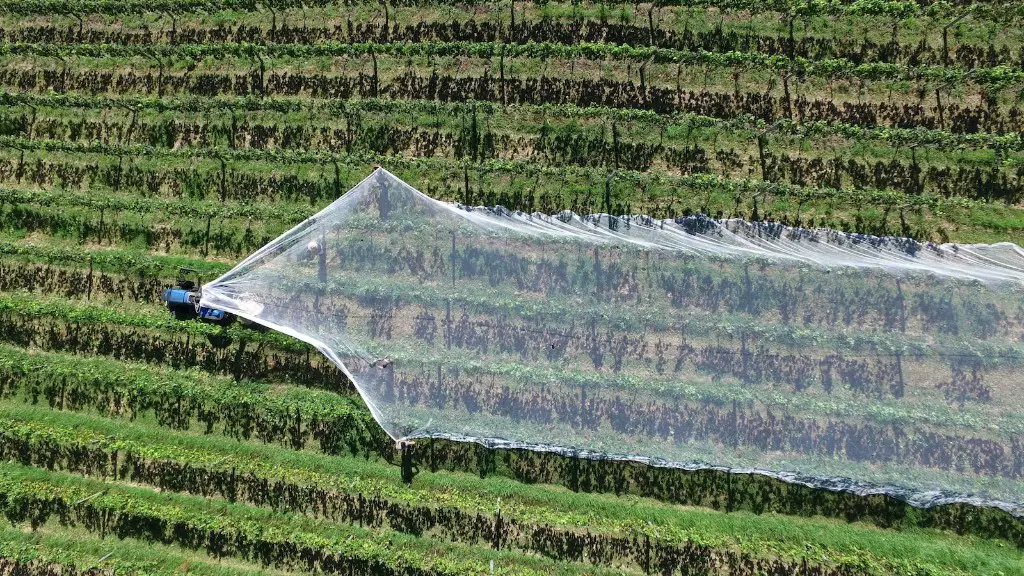
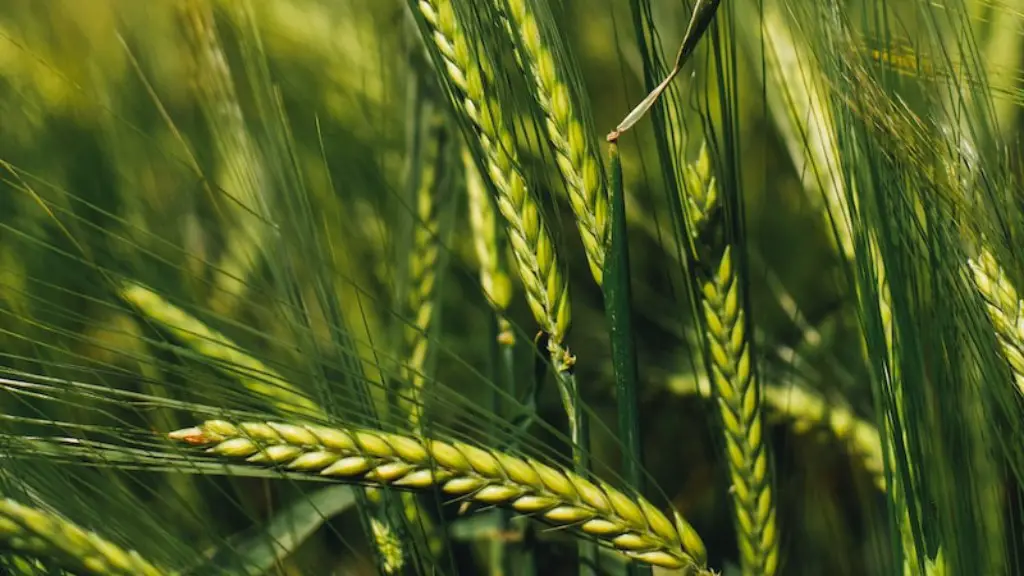
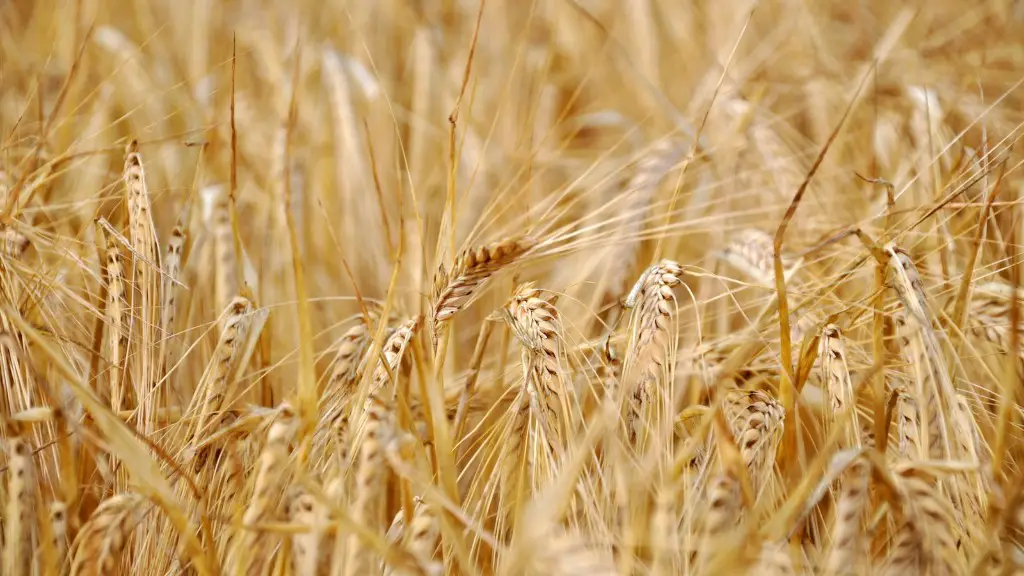
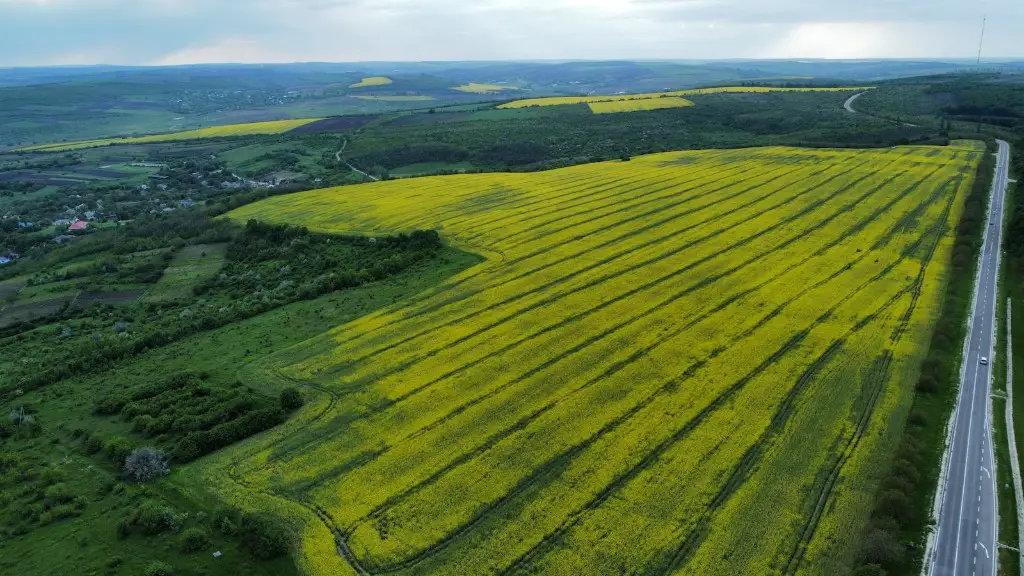
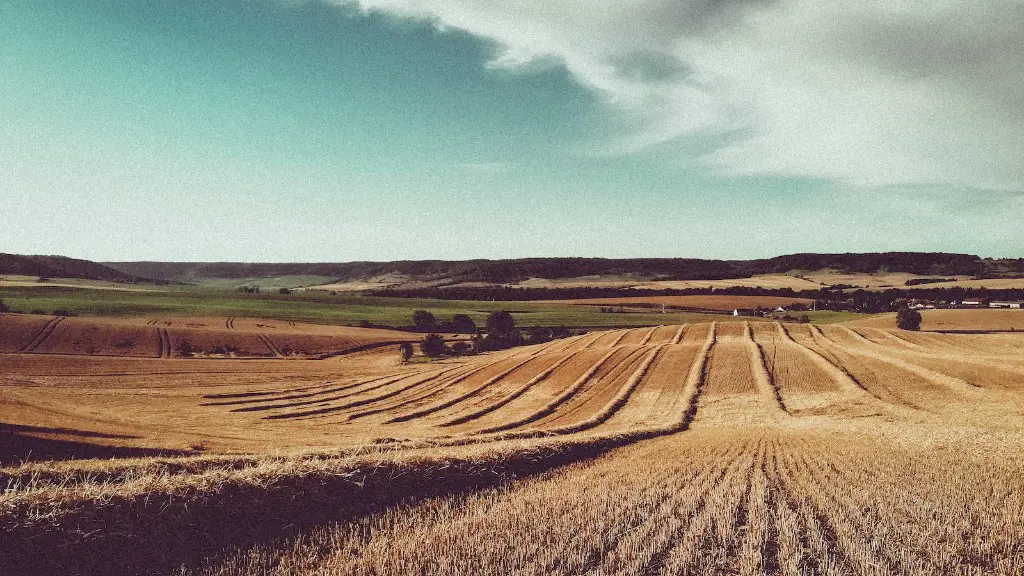
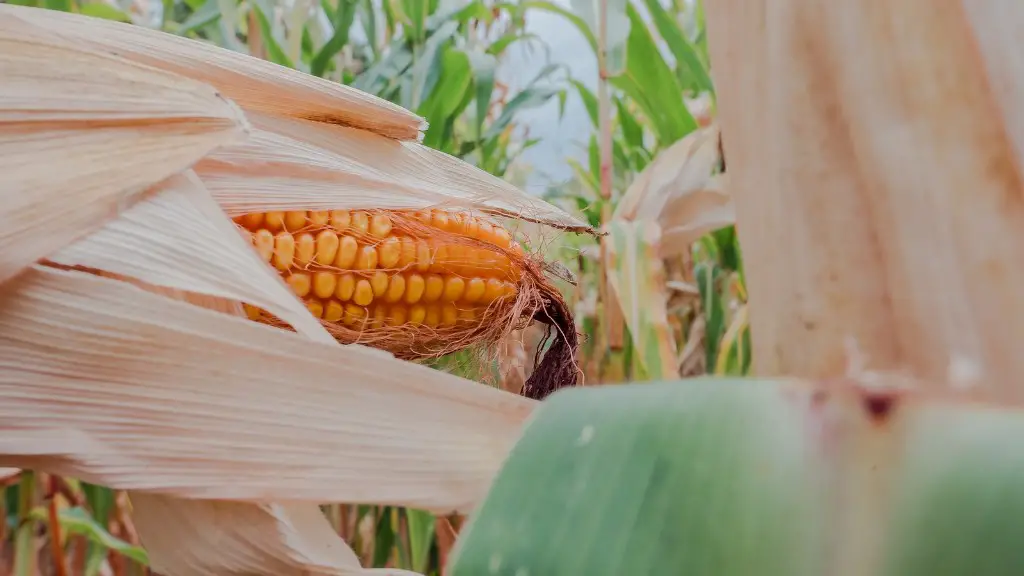
It’s a read-well writing. Thanks to Claudia Adams